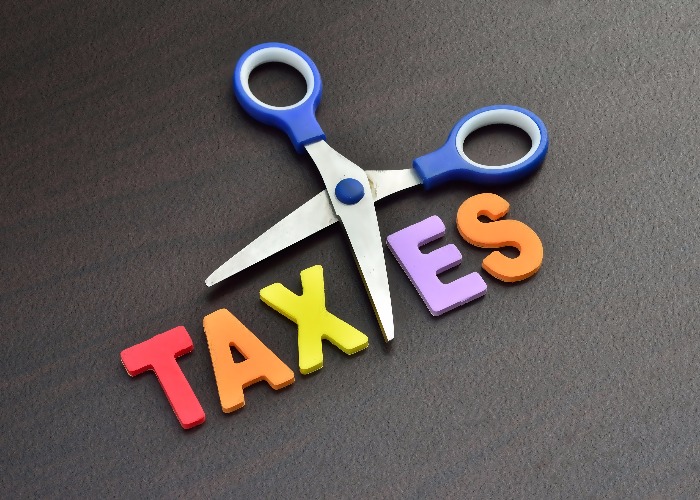Pensions relief, ISAs, Inheritance Tax: why you are paying too much tax

We are throwing away billions in tax that we don't need to pay, according to new research. Here's how to cut that bill!
This article is now out of date. Click here for our complete guide to tax saving – including Income Tax, Council Tax, Inheritance Tax and more – updated for the latest financial year.
As a nation we’ll throw away an incredible £4.6 billion this year by paying unnecessary taxes.
The figure has fallen slightly from last year when tax waste stood at £4.9 billion, according to the research by Prudential and unbiased.co.uk. The improvement was put down to auto-enrolment forcing a much greater uptake of workplace pensions. As a result, far more people are taking advantage of the tax relief paid on pension contributions, what is essentially free money from the Government.
It's not such a positive story in other areas though. The study suggests we are wasting more money than ever before on unnecessary taxes due to low ISA usage and poor Inheritance Tax planning. This includes things like sticking savings in a traditional savings account, rather than an ISA, and so paying tax on the interest you earn, as well as failing to make use of the various Inheritance Tax allowances and so paying a huge amount of tax on your entire estate.
This wastefulness is wiping out more than half the £1 billion savings made by putting additional cash in pensions.
“The substantial drop in tax waste thanks to pension uptake is encouraging, and once again highlights the outstanding value of a pension,” says Karen Barrett, chief executive of unbiased.co.uk.
“Still, let’s be realistic: this improvement is due to auto-enrolment, and many of the new pension scheme members are making only the minimum contributions. It would be great to see some improvement that hasn’t been forced by legislation, but in other areas the public seems to grow less tax-efficient, not more.”
How to pay less tax
There are numerous ways you can cut your tax spending, entirely legally. Here are just a handful of them.
Save for retirement
Pensions offer great tax relief so make sure you are saving into one. For every £80 a basic rate taxpayer puts in a pension the Government will add £20. For higher and additional rate taxpayers it is possible to claim back the additional Income Tax you have paid on what you contribute into your pension. It's a good idea to make use of this while you still can, as the Government is widely expected to announce reforms of the tax relief you get on pension contributions in the Budget in March.
For more read Pension tax relief to be slashed in 2016 Budget.
Make use of your ISA allowance
You can invest up to £15,240 into an ISA this tax year. That money is then free to grow without Income Tax or Capital Gains Tax being due. What's more, changes in recent years have made it much easier to move between having that money in cash or stocks and shares or a combination of the two.
You can compare Cash ISAs in the loveMONEY savings centre and Stocks & Shares ISA in our investments centre.
Transfer savings to your spouse
If your partner pays a lower Income Tax rate than you, consider moving savings into their name in order to benefit from their lower tax band.
The Marriage Allowance
Along similar lines, you might be able to boost your personal allowance, and therefore pay less Income Tax, by making use of the Marriage Allowance. The scheme was introduced last April, and allows low earners to pass some of their unused personal allowance – the sum you can earn before paying Income Tax – to their higher-earning partner.
However, it's had a tiny take-up so far. The Government reckons that more than four million couples could benefit, yet only around 320,000 are currently taking advantage.
For more read How to apply and boost your married couple's tax allowance.
Set up children’s savings plans
If you are worried about Inheritance Tax, then you should consider setting up a regular savings plan for your children and grandchildren.
“Provided the savings do not materially reduce your standard of living, they would benefit from the ‘Normal Expenditure out of Regular Income’ exemption, meaning that these savings would be free of Inheritance Tax,” says Scott Gallacher, of Rowley Turton Private Wealth Management.
For a host of other tips, read How to cut your Inheritance Tax bill.
Earn 5% from your current account
Be better off with loveMONEY:
Comments
Be the first to comment
Do you want to comment on this article? You need to be signed in for this feature